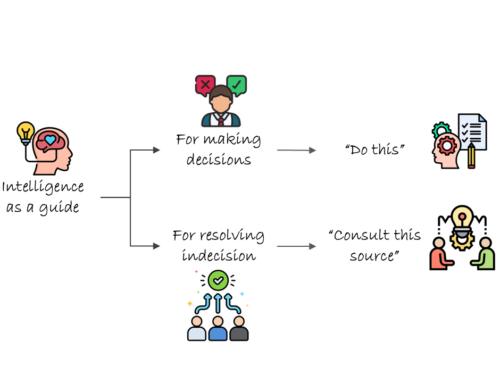Suppose a patient goes to a doctor and admits having some symptoms that correspond to a terrible disease. The admission doesn’t make the patient sick – the sickness is already there; the admission facilitates better preparation for dealing with the disease.
Similarly, we all have our weaknesses which often from an ethical perspective originate in primordial drives such as lust, anger, greed, envy, pride and illusion. And admitting those weaknesses doesn’t make us weak – acting on them does.
Of course, moral weakness is not entirely the same as medical sickness – moral weakness is often caused by our own choices, whereas medical sickness if often caused by environmental factors without any immediate wrong choices on our part. Still, despite being thus different from the causative perspective, they are similar from the curative perspective: both need to be treated with a systematic procedure under expert guidance. And just as concealing a sickness makes it worse, so does concealing a weakness. Undoubtedly, just as telling about our sickness to anyone and everyone doesn’t help much, so too is telling everyone about our weakness often unhelpful. But just as telling about the sickness to an expert doctor is not just desirable but also essential, so too is telling about the weakness to an expert spiritual guide. All spiritual guides get their expertise from the supreme spiritual guide: Krishna.
In the Bhagavad-gita (02.07), Arjuna presents a model example of unhesitatingly admitting one’s weakness so as to effectively deal with it. When he is confused about whether to fight the war or not, he doesn’t try to conceal his confusion with some rationalization and do whatever feels good to him. Instead, he openly admits it to Krishna and seeks guidance. Such seeking far from weakening him strengthens him with spiritual wisdom and sets the stage for his eventual empowerment and ultimate victory.


Wonderful explanation…. Loved it